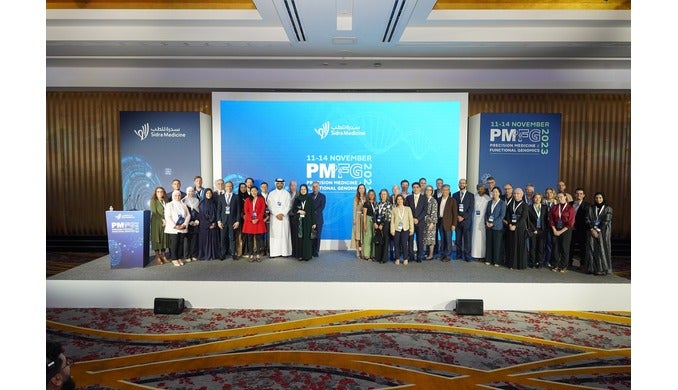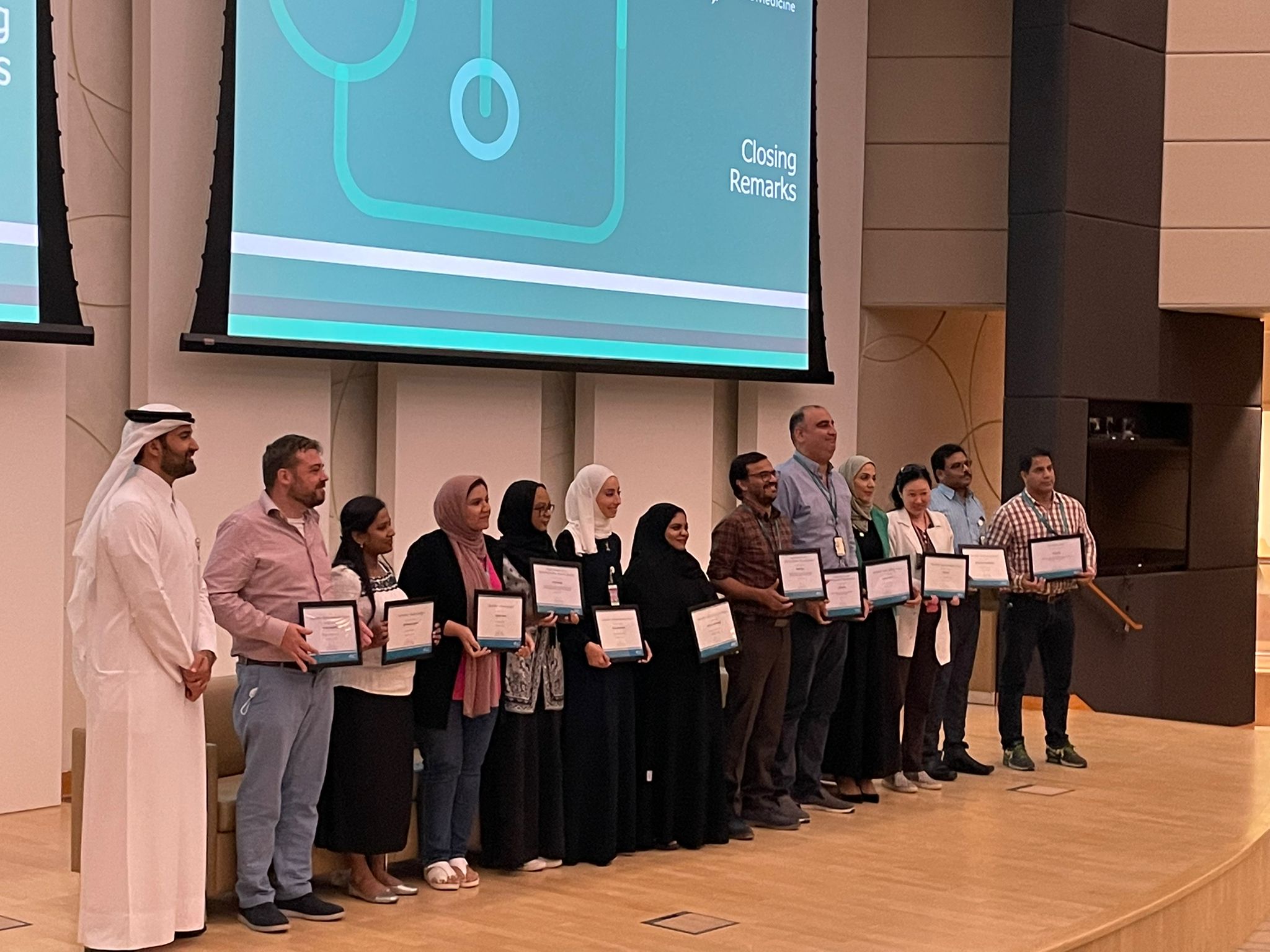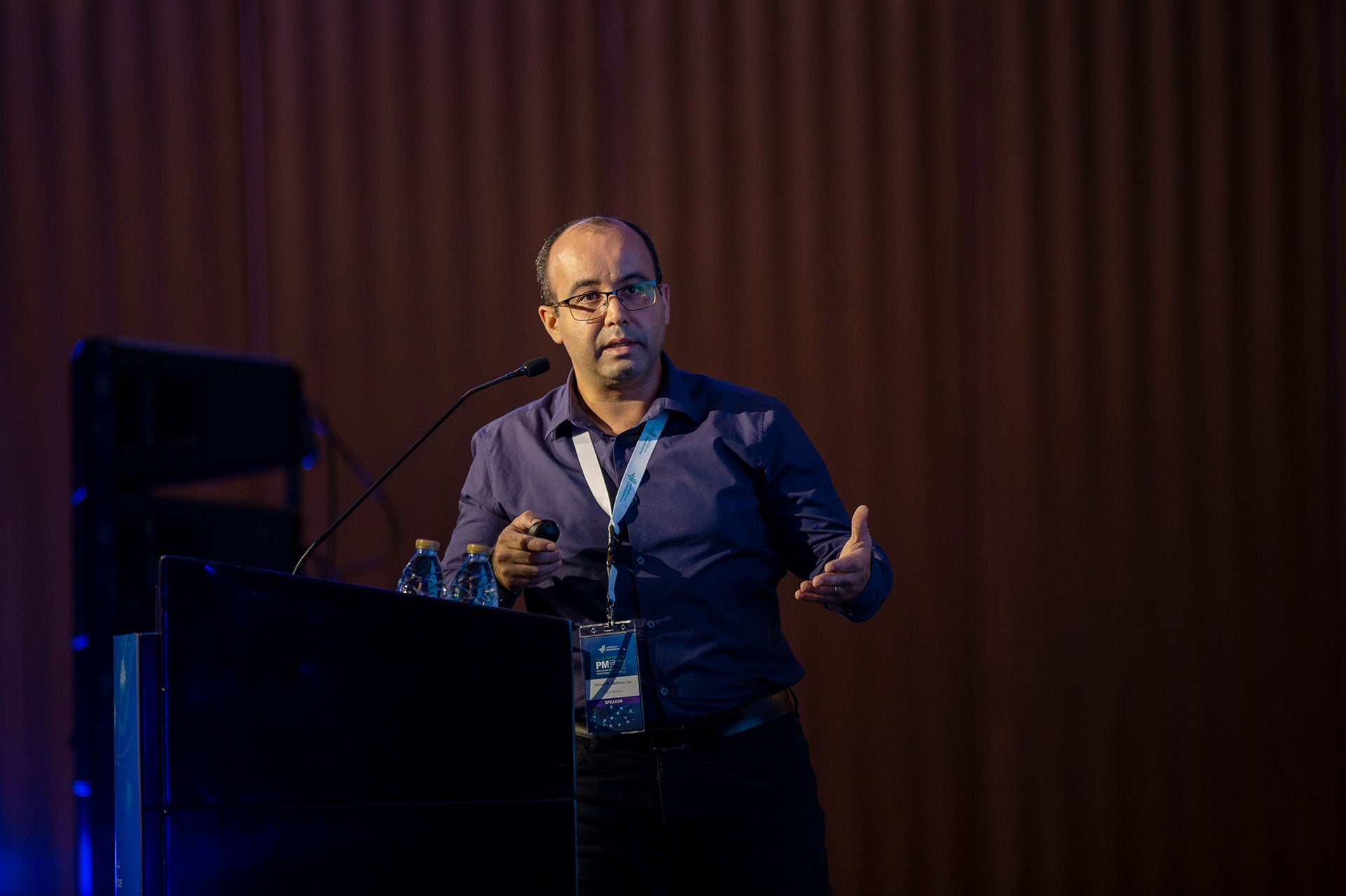By Dr. Kabir H Biswas

The world has been in an unprecedented state for many months due to the COVID-19 pandemic. According to current statistics, more than 110 million people have been infected, leading to nearly 2.5 million deaths so far.
The primary reason behind the devastating impact of COVID-19 is the high rate of infection of SARS-CoV-2 enabled by the opportunistic utilization of the widely expressed angiotensin-converting enzyme 2 (ACE2) receptor in human host cells and an extended physical stability of the virus when released in the environment.
The fact there are a high number of asymptotic patients who do not display common symptoms, and thus remain undetected, yet continue to disseminate the virus in the environment, adds to the problem.
Importantly, the ability of the virus to evolve through changes in its genome has led to substantially more infections including the second phase of infections. For instance, the recently reported UK and South African variants of the SARS-CoV-2 appear to possess enhanced infection capability due to changes in the spike protein that the virus uses for binding to the human ACE2 receptor.
Strategies for treating and preventing COVID-19
Given the devastating impact of the pandemic, there has been a race to develop innovative strategies for treatment as well as prevention of the disease.
Observing social distancing, wearing a mask and frequently washing hands with soap are advised, but the real key is developing an effective vaccine.
Vaccines are biological preparations that enable our bodies to develop active acquired immunity against a specific infectious agent including viruses. These typically contain either a whole but weakened infectious agent or a part of it that stimulates the immune system in our body to recognize the agent as a threat and produce antibodies against it.
The antibodies generated by our immune cells will recognize and neutralize the infectious agent if they infect us in the future. Typically, vaccines take several years to develop and test before being deployed for actual usage. However, given the urgent need, several healthcare companies in collaboration with leading universities and research centers from a number of countries have produced vaccines in a record-breaking time of about a year.
The currently available vaccines include both traditionally designed viral vector-based ones from Oxford University-AstraZeneca, Gamaleya, and the more recently reported Johnson & Johnson as well as the novel, ribonucleic acid-based vaccines from Moderna and Pfizer-BioNtech.
The latter pair have shown that decades of fundamental research can be successfully utilized in developing novel and effective biomedical strategies to deal with ever-emerging health threats.
Approving vaccines
It is important to note that before being approved and rolled out for widespread vaccination, a candidate vaccine developed in a research laboratory undergoes extensive clinical trials to determine its safety and efficacy, much like any pharmacological drug. These include preclinical testing wherein further research is conducted using cell-culture or animal models to determine its safety and immunogenicity i.e., the ability of the vaccine to elicit an immune response.
Successful preclinical tests lead to a Phase I trial in which the vaccine is administered to a small number, less than 100 individuals, of healthy human subjects. Phase II trials involve testing the vaccine in several hundred individuals in a randomized and well-controlled way and include a placebo group. Phase III trials are conducted on a much larger population, from thousands to tens of thousands of individuals, in a randomized and double-blind manner and includes determination of safety and efficacy of the test candidate vaccine against placebo. The currently available vaccines have shown a range (60 to 95%) of efficacies against SARS-CoV-2 with generally low safety issues.
Will people lose faith in vaccines?
Beyond the usual concerns of safety and efficacy, a major concern with the deployment of the vaccine is the possibility of individuals losing faith in vaccines in general, which may lead to individuals not getting vaccinated against the SARS-CoV-2.
This may add to the already present bias against vaccines in some parts of the world. This may stem from the fact that, although the virus is highly infectious, the disease is typically not lethal (less than 1% mortality), and therefore, some may not feel the need to get vaccinated.
Additionally, some may not do so due to personal beliefs.
In any case, a doubt in terms of the safety and efficacy of a vaccine is likely to increase the number of people not wanting to get vaccinated. This may have severe consequences, given that our success in achieving safety from the virus requires all of us to be vaccinated otherwise non-vaccinated individuals may serve as a reservoir for the virus and it may continue to infect more individuals. This is a possibility in even vaccinated individuals, given that we don’t have any data on the long-term efficacy of the currently available vaccines.
What is the way forward?
It is pertinent for all vaccine developers to make their clinical trial data available in the public domain for independent assessment to restore faith in the vaccine. In a promising step forward, the Phase I clinical trial data for Covaxin has now been published in the peer-reviewed journal The Lancet Infectious Diseases, and it shows tolerable safety outcomes and enhanced immune responses.
It is to be noted that this vaccine is prepared using inactivated whole viral particles. It is speculated that it might provide better protection against the mutating virus, which is a major concern not only in the countries that are grappling with the increased number of COVID-19 hospitalizations, but the world over given the high rate of transmission of the virus.
Most importantly, we need to realize that COVID-19 vaccines are beneficial. This is based on the existing clinical trial data that indicates an exceptionally high safety and significantly high efficacy of the vaccines against COVID-19. Thus, the risk of severe symptoms or death due to COVID-19 exceptionally low in individuals who get vaccinated. As such, current evidences support vaccination as the safest route, not only to individual health but also in thwarting the current pandemic and continued emergence of variants of SARS-CoV-2 that may pose an even greater health threat.
Dr. Kabir Biswas is an assistant professor at the College of Health and Life Sciences, part of Hamad Bin Khalifa University (HBKU).
This article is submitted on behalf of the author by the HBKU Communications Directorate. The views expressed are the author’s own and do not necessarily reflect the University’s official stance.










